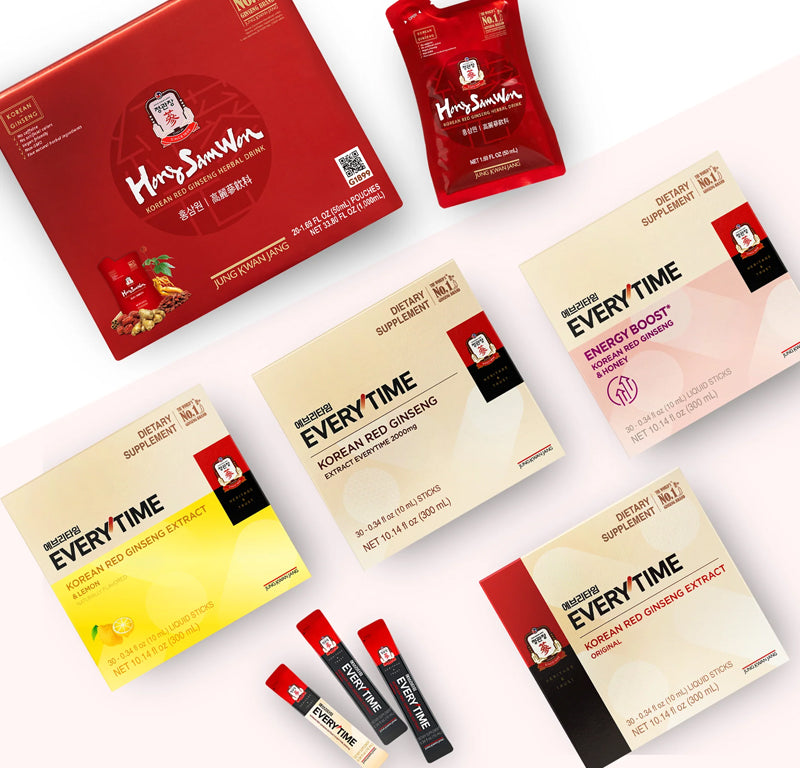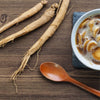Seasonal Variations and the Immune System
How Do Seasonal Changes Affect the Immune System?
Research published in the International Journal of Preventive Medicine explain how seasonal changes in temperature, air quality, humidity, and exposure to sun light affect the immune response. These seasonal variations can affect the functioning of the lymphatic system generally, and immune functions such as functioning of the T cells and white blood cell production specifically. Interestingly, there has not been conclusive evidence to suggest a direct link between low temperatures and immune response to infection. However, researchers have observed indirect links between cold temperature and immune response. This indirect link derives from the changes in human behavior due to these environmental factors – such as staying indoors and lethargy – have a significant impact on immune response.
Staying indoors robs the body of exposure to natural light, and lethargy brings a host of immune and general bodily functioning deficiencies including poor circulation, sleep irregularities, mood imbalances, and energy level depletion. It has also been suggested that it is the crowding which occurs from staying indoors during the cold – rather than the temperature itself that promotes the spread of infections. However, some external factors (other than temperature) and behaviors have been shown to affect the ability of viruses and bacteria to spread. This article will focus on two key factors affecting immune response: exposure to sun light and humidity (or, alternatively, air dryness).
Sunlight, Vitamin D, and the Immune System
Exposure to sunlight can affect mood, energy levels, and immune function. Specifically, as research from the Endocrinology and Metabolism Clinics of North America found, exposure to sunlight is one of the most fundamental ways – other than diet - in which the body endogenously produces vitamin D. While the exact mechanisms underlying the connection between vitamin D levels and immune functioning remain unclear, it is widely known that vitamin D plays a vital role in maintaining healthy functioning of the body’s organs and systems. Vitamin D level – sufficiency or deficiency – have long been linked to susceptibility to infection. According to endocrinologists, “Vitamin D3 plays a prominent role in immune health”. Vitamin D is a key component in the bodies cellular metabolic processes. Vitamin D improves immune system functioning by regulating (and stimulating) the production of neutrophils (a type of white blood cell), macrophages, dendritic cells, B cells, and T cells, all of which serve frontline immune-defensive roles.
Humidity and the Immune System
In the same article published in International Journal of Preventive Medicine, humidity, and its alternate dryness of the air has been shown to have a connection with the spread of infections. Dry air in particular has been shown to increase the ability of viruses, particularly respiratory viruses, to spread, though the exact mechanism through which this relationship works is yet unknown. It is proposed that moisture (from humidity) disallows the virus to spread through dust.
How Can Red Ginseng Boost the Immune System?
According to work published by the Journal of Ginseng Research, ginseng has been clinically shown to regulate the production of macrophages, dendritic cells, and Natural Killer cells, which all serve key functions in the body’s ability to fight off viral and bacterial infections. Korean Red ginseng is particularly effective as it is processed to provide the optimum power of ginseng’s health benefits. In this way, ginseng can counteract the effects of vitamin D deficiency by performing the same types vital immune functioning regulatory tasks. Ginseng also stimulates the response of antibodies in the immune system which ward off invasion by harmful microbes. Thus, ginseng counteracts the seasonal immune functioning deficiencies associated with decreased sunlight exposure, boosting the immune system’s response when it is most likely to be invaded by viruses and bacteria whether due to drops in humidity or enclosure during the colder months.
Korea Ginseng Corp
Korea Ginseng Corp sells the best Korean red ginseng products to support your overall health. Korea Ginseng Corp offers Korean Red Ginseng products in the form of delicious and healthy teas, candies, tonics, and more that can help you power through your day in a healthy and sustainable fashion. Korea Ginseng Corp’s skincare line, Donginbi, offers a variety of products to your keep skin looking young and healthy as well.
-
Posted in
-CheongKwanJang, Health Benefits, Health Supplements, How To's
 Stamina
Stamina Energy
Energy Immunity
Immunity Antioxidant
Antioxidant Beauty
Beauty Fitness
Fitness Blood Circulation
Blood Circulation Liver & Heart
Liver & Heart Bones & Joints
Bones & Joints Eye & Brain
Eye & Brain Digestion
Digestion Relax & Sleep
Relax & Sleep For All
For All Men's Health
Men's Health Woman's Health
Woman's Health Kid's Health
Kid's Health Jar
Jar Stick
Stick Pouch
Pouch Root & Slices
Root & Slices Shot
Shot Pill
Pill Tea & Powder
Tea & Powder Candy
Candy

 Our Brand
Our Brand Korean Red Ginseng
Korean Red Ginseng Premium Ingredient G1899
Premium Ingredient G1899





